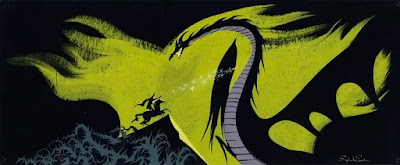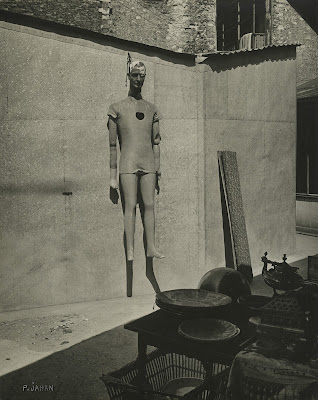Words, images and documents by or collected by Jessica Schouela
Thursday 23 February 2023
Tuesday 21 February 2023
All the Beauty and the Bloodshed
Thursday 16 February 2023
Sunday 12 February 2023
Sigrid Nunez, What are you going through
Sunday 5 February 2023
Alexandra Sasha Beverly Pabst (1930-?)
I can't seem to find more information on Alexandra Sasha Beverly Pabst other than on the Musée Carnavalet website, which says she was born in 1930 in Milwaukee and that these photographs, which struck me, were taken in Paris in 1983.
Saturday 4 February 2023
Violaine Huisman, The Book of Mother
I adored this book, which was, in some ways, despite different lived experiences, very familiar to me. With such precision and shown through behaviour rather than description, Huisman narrates the relationship dynamics between family members and how we act according to what we need from our loved ones, including the need to confirm the narratives that keep us well and alive, whether un/reasonable, sane, destructive, passionate, excessive, violent, adoring.
She captures the impossible task of a daughter to imagine the unknowns and unknowables of her mother's intimate thoughts, rationales and history, chronicling an imagined interiority governed by the earliest and most sticky of traumas that lead to obsessions around abandon, worthiness of love, health, wellness and pain, freedom and what we deserve or are owed to be free. Huisman's story interrogates the inheritance of our traumas by looking back across multiple generations: within her examination is the consistent tension between saving our forbears, idolising and worshipping them, holding them as ultimate judge of our goodness and accomplishments, with the need to separate from them, hate them, mould ourselves in contrast to or competition with them, needing them to die while also live indefinitely in order for us to persevere with recognisable definition and continuity.




































